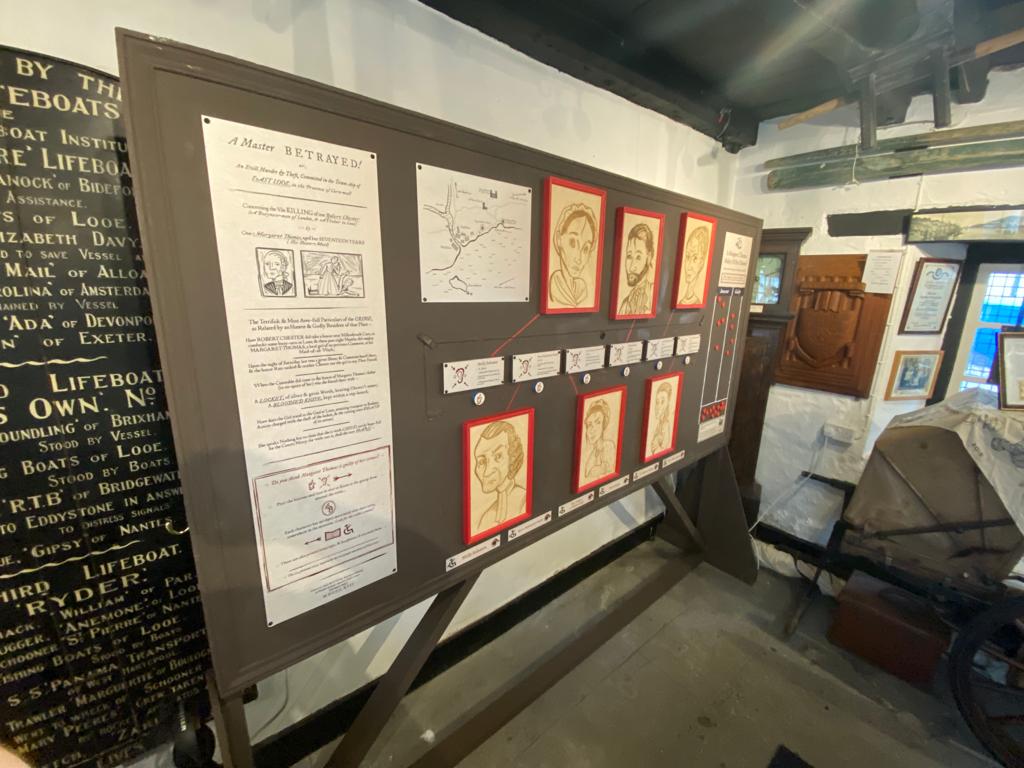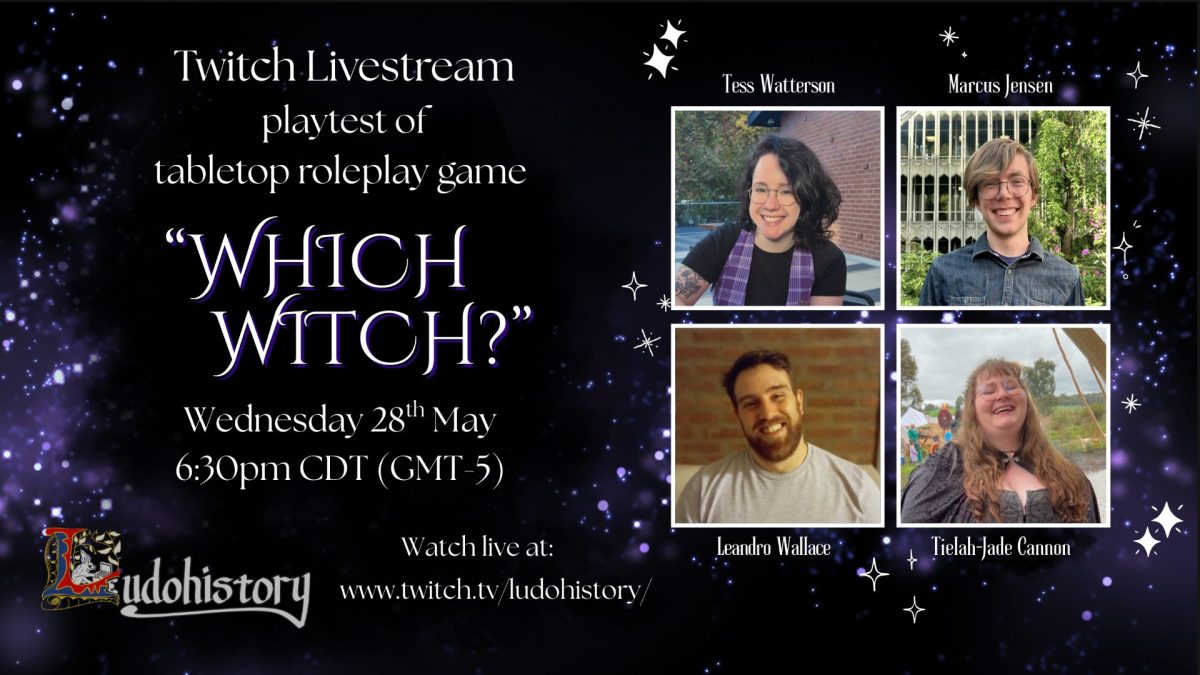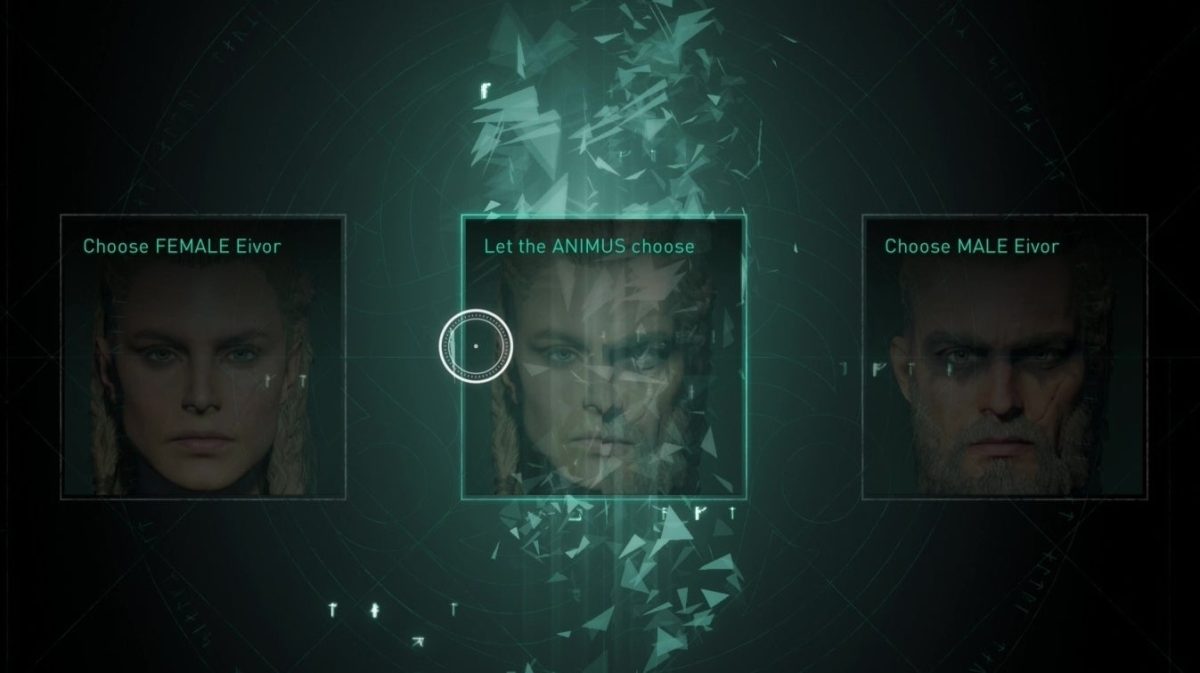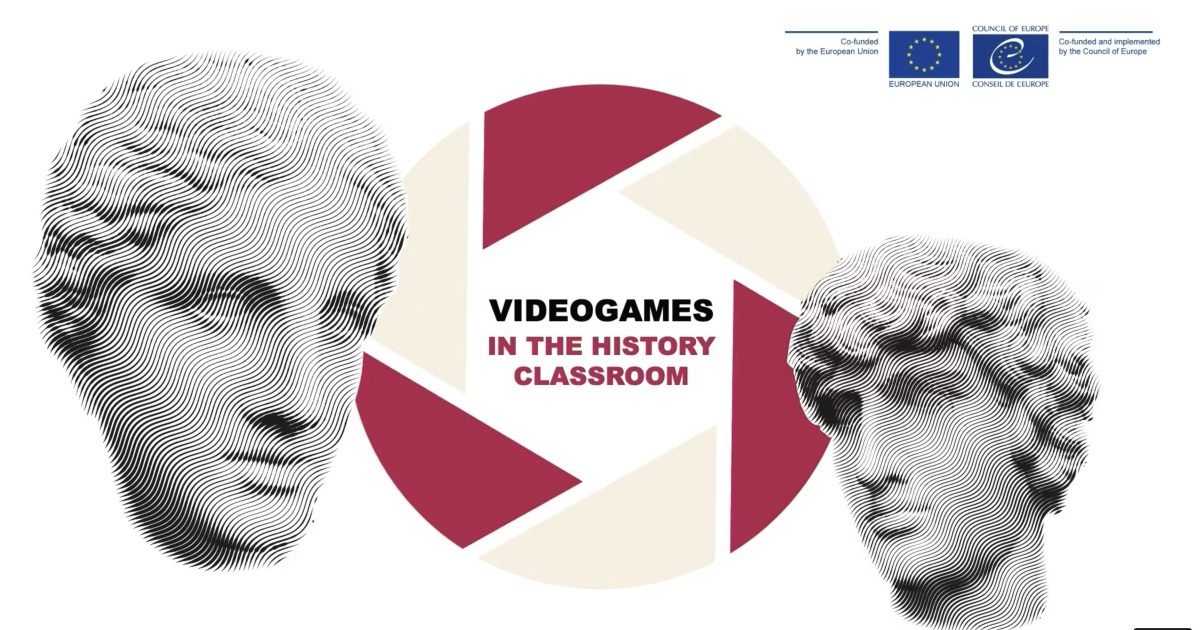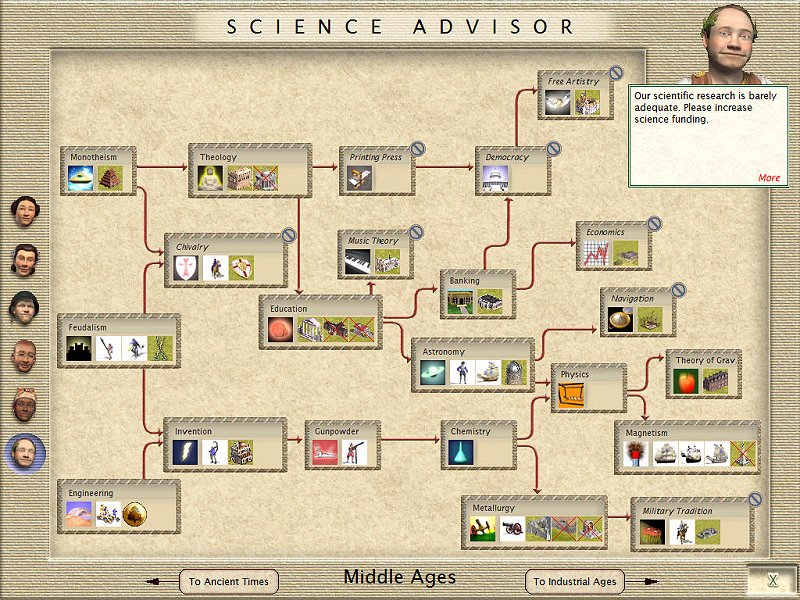In this video essay, Regina Seiwald traces the lineage of women central to the development of the UK games industry, from the 1970s to the present day. Watch the video below, or find it on YouTube. Dr Regina Seiwald is a Teaching Fellow in German at the University of Birmingham, UK. After completing her PhD […]


